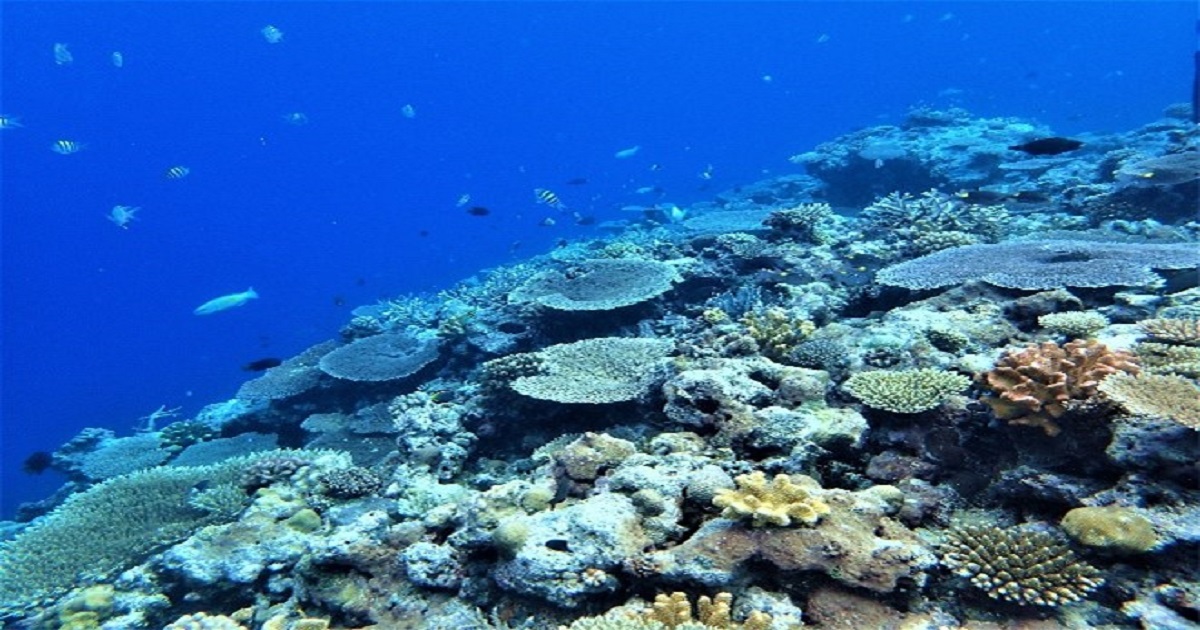- 2.1Impact Factor
- 4.0CiteScore
- 18 daysTime to First Decision
Coral Reef Biodiversity Conservation and Ecological Rehabilitation
This special issue belongs to the section “Biodiversity Conservation“.
Special Issue Information
Dear Colleagues,
We are pleased to announce a Special Issue of Diversity dedicated to the theme of ‘Coral Reef Biodiversity Conservation and Ecological Rehabilitation’. This Special Issue aims to bring together the latest research findings, innovative approaches, and policy recommendations that contribute to the understanding and enhancement of coral reef ecosystems worldwide.
Background:
Coral reefs are among the most biodiverse and ecologically valuable ecosystems on the planet. They support a vast array of marine life, provide essential services such as coastal protection and food security, and are a cornerstone of many economies. However, coral reefs are under severe threat from climate change, ocean acidification, overfishing, pollution, and other human-induced stressors. The urgency to protect and restore these ecosystems has never been greater.
Aims and Scope:
This Special Issue seeks to publish high-quality, original research articles, review papers, and case studies that address the following themes (but are not limited to):
- Assessments of coral reef biodiversity: Studies on the current status, trends, and patterns in coral reef biodiversity, including the identification of key species, habitats, and ecosystems.
- Ecological impacts of climate change: Research on the effects of climate change, ocean warming, and acidification on coral reefs, including the resilience and adaptability of reef organisms.
- Conservation strategies and management: Analysis of conservation policies, management practices, and governance structures that promote the sustainable use and protection of coral reefs.
- Restoration and rehabilitation efforts: Innovative approaches and outcomes of coral reef restoration, including active and passive restoration techniques, as well as the integration of traditional ecological knowledge.
- Ecosystem services and socioeconomic values: Assessments of the economic, social, and cultural values of coral reefs and the implications for local communities and industries.
- Technological innovations and tools: Development and application of new technologies, including remote sensing, genomics, and modeling, to monitor, manage, and restore coral reefs.
Dr. Xinming Lei
Dr. Wentao Niu
Guest Editors
Manuscript Submission Information
Manuscripts should be submitted online at www.mdpi.com by registering and logging in to this website. Once you are registered, click here to go to the submission form. Manuscripts can be submitted until the deadline. All submissions that pass pre-check are peer-reviewed. Accepted papers will be published continuously in the journal (as soon as accepted) and will be listed together on the special issue website. Research articles, review articles as well as short communications are invited. For planned papers, a title and short abstract (about 100 words) can be sent to the Editorial Office for announcement on this website.
Submitted manuscripts should not have been published previously, nor be under consideration for publication elsewhere (except conference proceedings papers). All manuscripts are thoroughly refereed through a single-blind peer-review process. A guide for authors and other relevant information for submission of manuscripts is available on the Instructions for Authors page. Diversity is an international peer-reviewed open access monthly journal published by MDPI.
Please visit the Instructions for Authors page before submitting a manuscript. The Article Processing Charge (APC) for publication in this open access journal is 2100 CHF (Swiss Francs). Submitted papers should be well formatted and use good English. Authors may use MDPI's English editing service prior to publication or during author revisions.
Keywords
- coral reefs
- biodiversity
- restoration
- rehabilitation
- ecosystem

Benefits of Publishing in a Special Issue
- Ease of navigation: Grouping papers by topic helps scholars navigate broad scope journals more efficiently.
- Greater discoverability: Special Issues support the reach and impact of scientific research. Articles in Special Issues are more discoverable and cited more frequently.
- Expansion of research network: Special Issues facilitate connections among authors, fostering scientific collaborations.
- External promotion: Articles in Special Issues are often promoted through the journal's social media, increasing their visibility.
- e-Book format: Special Issues with more than 10 articles can be published as dedicated e-books, ensuring wide and rapid dissemination.

